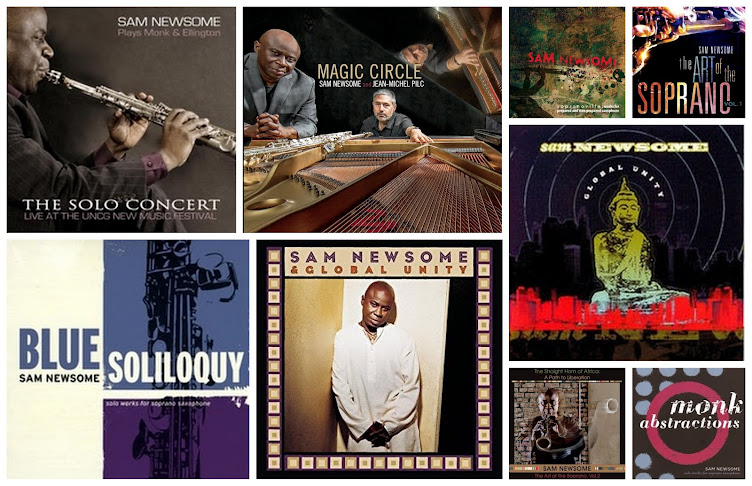I started incorporating this exercise into my practice routine almost eight
years ago. And the results have been amazing. It has given me the oral cavity and tongue placement awareness that has afforded to be able to play and hear far beyond the original scoped of the instrument.
It felt very strange in the
beginning because it forced me to place my tongue in a very awkward place,
which, of course, I later discovered was imperative for playing extended
techniques such as multi-phonics and the altissimo.
This exercise requires you to play notes and bend them down
a considerable distance, sometimes resembling a police siren. Just to get use to it, I began with C# above the staff—since this is a note that bends more easily than some of the others--and tried to bend it down as far as
possible without changing fingerings or moving my embouchure or jaw. As I
became more comfortable with the various tongue positions, I soon began noticing an
increase in the distance that I was able to bend the pitches before they
“broke.
When attempting to bend notes down, flatten the tongue as if
to say the syllable “taw.” Try not to move the jaw or embouchure, and allow the
throat to remain relaxed. We are better able to control the various placements
of the tongue in the oral cavity than we are trying to manipulate the throat.
Attempting to open and close the throat usually just creates tension and a
restricted airway. Once I had achieved some success with the C#, I gradually
moved up by half steps, being certain to accomplish the same degree of pitch
bending success with each subsequent note.
“Pitch bending,” as described here, does not exactly imitate
the oral cavity positions needed to produce altissimo notes. These exercises do, however, develop the awareness and flexibility necessary for eventual success
in the range above F#. Now whatever you do, don’t become frustrated. It may take a while before you’re able to play the exercises in the attachment.
My advice
to students is usually: Do what you can and count your blessings. Because when
you are able to master this technique, a whole new world will open up to you.
Have fun. And most of all, be patient!






